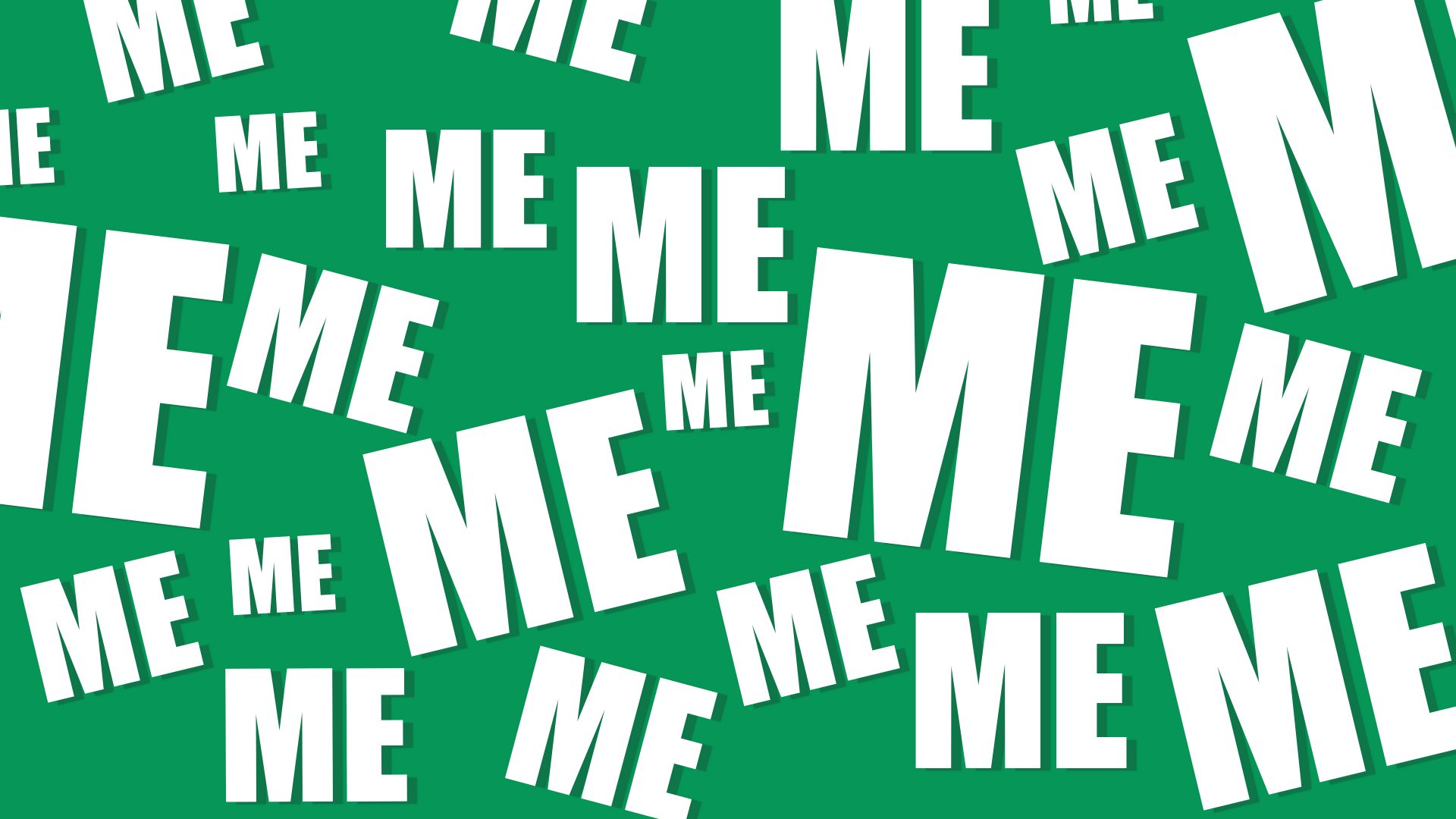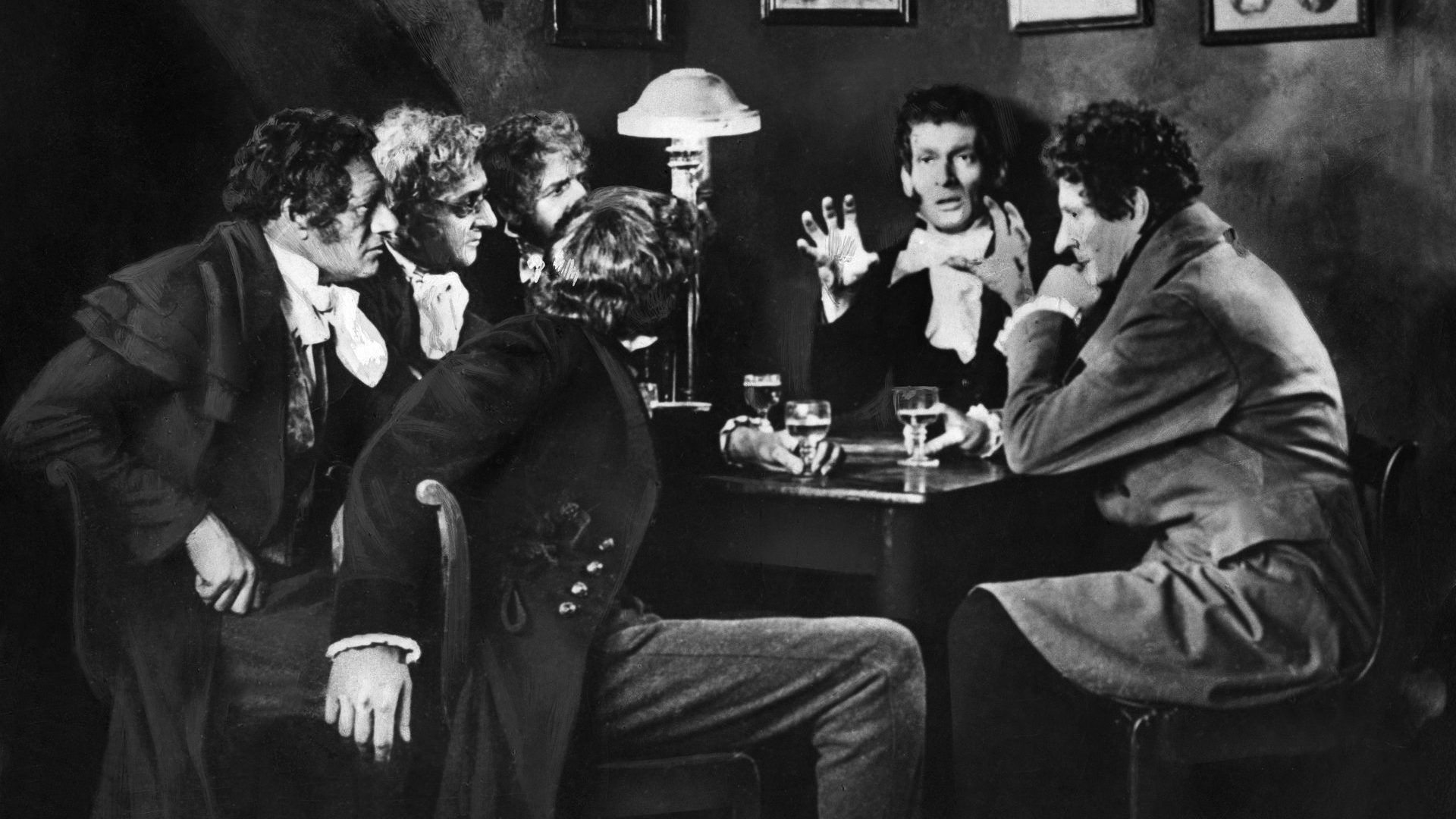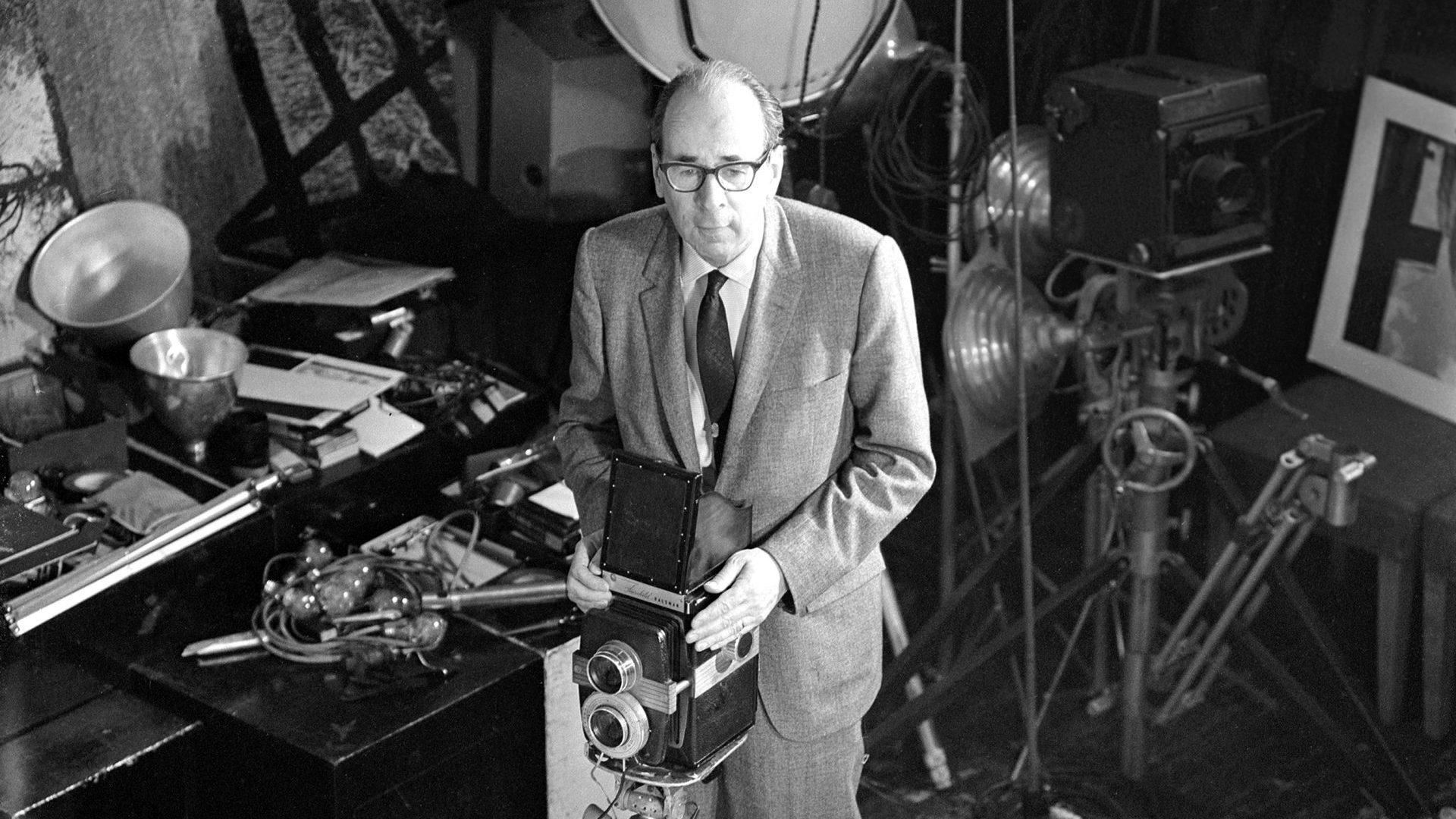A little while ago, reader Graham Heap wrote criticising columnist Paul Mason’s grammar, specifically Paul’s use of “…me and my TV crew felt the need for liquid refreshment”. Mr Heap pointed out that if you take out “and my TV crew”, you are left with “me felt the need for liquid refreshment”, which is ungrammatical.
That is quite true but irrelevant, because the word me would never have occurred in Paul’s sentence if the phrase “and my TV crew” had not also been there.
Here is how English grammar works with conjoined pronouns: in normal native English, the subjective forms of the personal pronouns I, he, she, we,
are used only as the subject of a verb, and even then only when there are no
other pronouns coordinated with it: “I am leaving now; They like coffee”.
Otherwise the corresponding oblique forms me, him, her, us, them are employed, just as moi, lui, eux are used in French: “John and them are leaving now; Who wanted coffee? Him!; Mary and us would like some too; It was her that did it; Who’s there? Me!” (compare Qui est là? – Moi!).
The centuries-long inferiority complex of English vis-à-vis Latin which I’ve mentioned before has led to attempts by well-meaning but ill-informed pundits to purge oblique pronouns from English except where they occur as objects. This is based on the mistaken assumption that they are “accusative case” forms. In fact, the accusative case is a grammatical category which is found in Latin but not in English or French.
This misunderstanding has led some people to argue that “Me and him are coming” should be “He and I are coming”. They also state that “It was her that did it” should instead be “It was she that did it”.
It is much less frequently argued that the answer to “Who wanted coffee?” should be “He!”, presumably because this just sounds too strange. Some Americans, when replying on the phone to someone who has asked to speak to them, can be heard to say “This is she”, but this is widely felt to be a bit silly by most English speakers elsewhere.
Unfortunately, there are a number of cases where the mistaken “accusative case” assumption has had consequences for our contemporary language other than those intended. It has produced hypercorrect forms, such as the use of subjective pronouns instead of oblique pronouns in prepositional phrases with coordinated objects: “There was a great rapport between he and his mother”.
But the most notable unintended consequence lies in “me-avoidance”. There is a long history of ill-informed pronouncements claiming that it is “wrong” to say “Mary and me are coming”, and that I should be used rather than me.
This view has produced great insecurity about using me for many speakers, who therefore often hypercorrect and come out with ungrammatical constructions such as “He brought it for Mary and I”, as well as the infamous “Between you and I…”.
When speakers are told that this construction is also wrong, it causes even further insecurity, leading to the increasing use of myself instead of I and me, as in “Mary and myself are coming”, to avoid the problem altogether.
Me and Paul think this is a pity.
RAPPORT
The originally French word rapport was first used in English to mean ‘report’. The current meaning ‘mutual understanding, good relationship’ did not emerge until the end of the 17th century. Our contemporary pronunciation with no t sound on the end is rather recent, dating only from the last hundred years or so.




